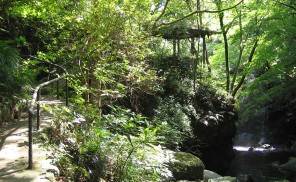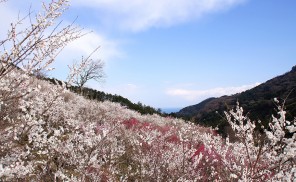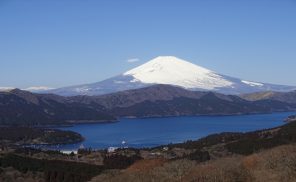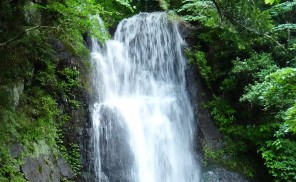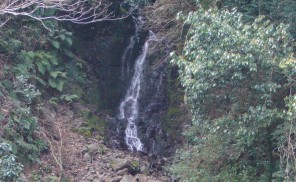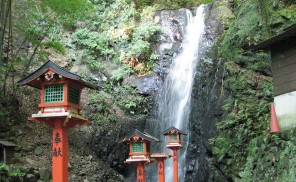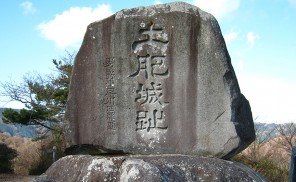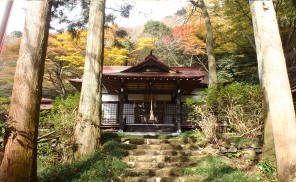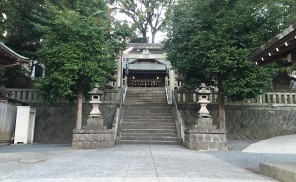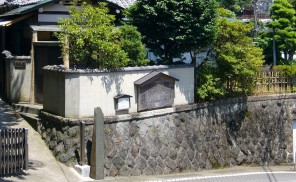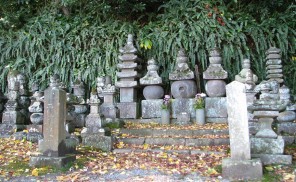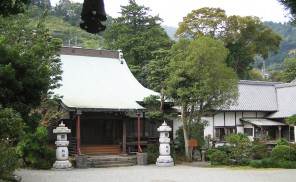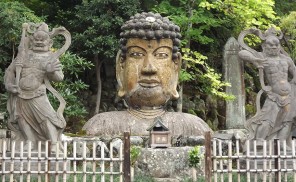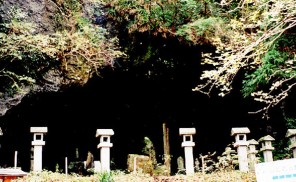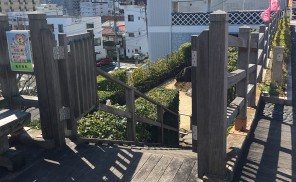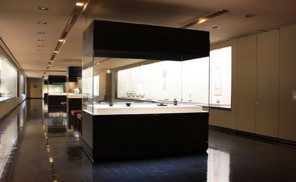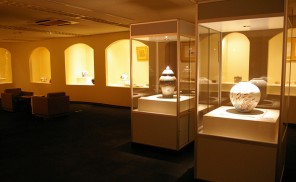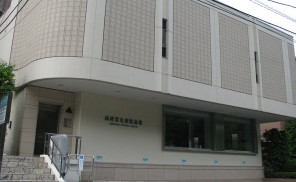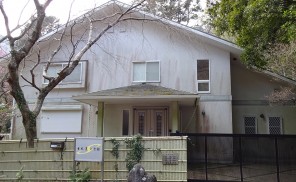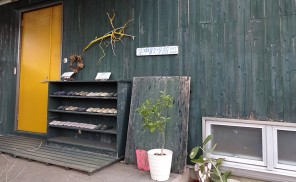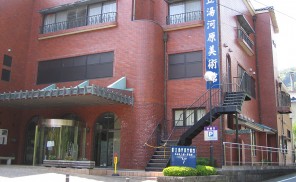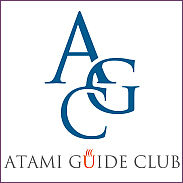
Sightseeing spot
Historical background
Since ancient times, Yugawara’s onsen waters have been referred to as “Yakushi no Yu” (“the Buddha’s healing onsen”), and the area has prospered as a hot spring health resort for rest and recuperation.
The healing effects of the onsen led Yugawara to be designated as a region for sick and wounded soldiers to recover in during the Sino-Japanese and Russo-Japanese Wars, a fact which Yugawara subsequently became known for all over Japan.
Even now, there are many traditional ryokans in Yugawara which retain the atmosphere of a secluded hot springs retreat.
Many noted writers and artists, drawn to Yugawara by its long history, rich culture, and abundance of calming nature, have visited Yugawara to relax and unwind from the stresses of their work, especially since the Meiji era (1868 ~ 1912 AD). During these trips over the years they created many works, some of which remain in the area and further increased Yugawara’s nationwide renown.
Yugawara Onsen is also mentioned in the Manyoshu, Japan’s oldest anthology of waka poems compiled during the Nara period (710 ~ 794 AD). The Manyoshu is also Japan’s oldest and greatest collection of nationally-popular songs composed during this same period, about 1,300 years ago.
Glimpses of this storied past can still be seen and experienced though noted places and historical relics, preserved in their original forms.
Coming soon
Coming soon

